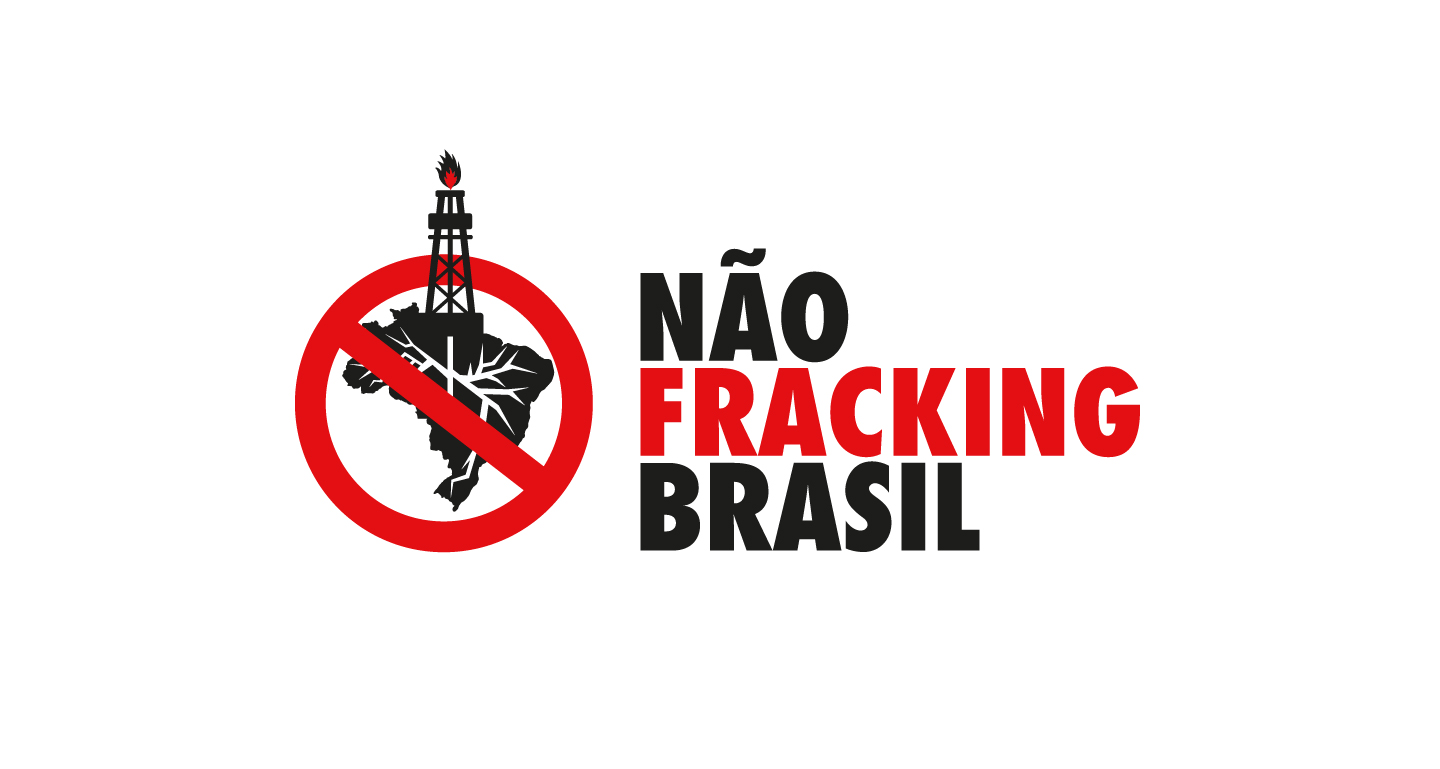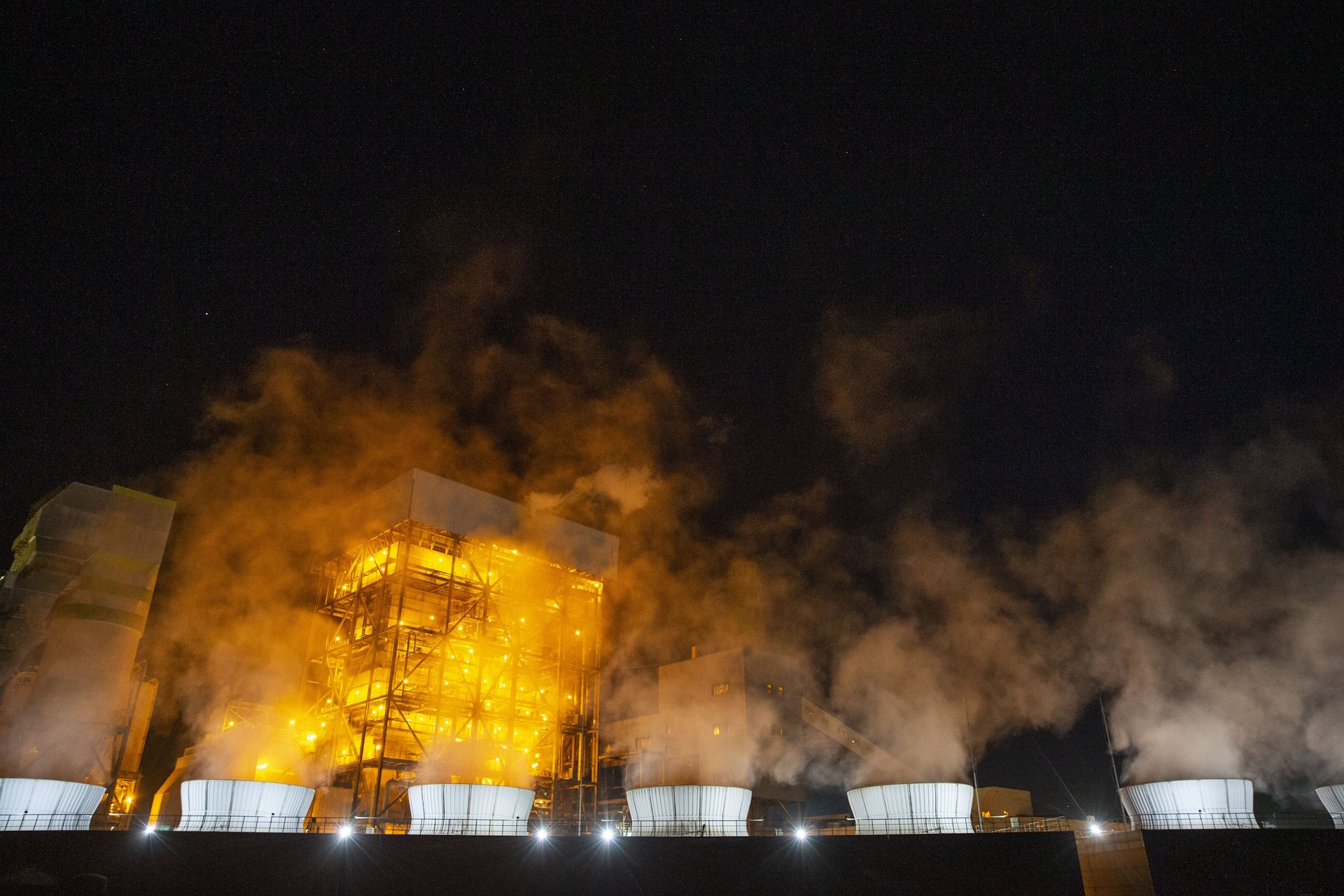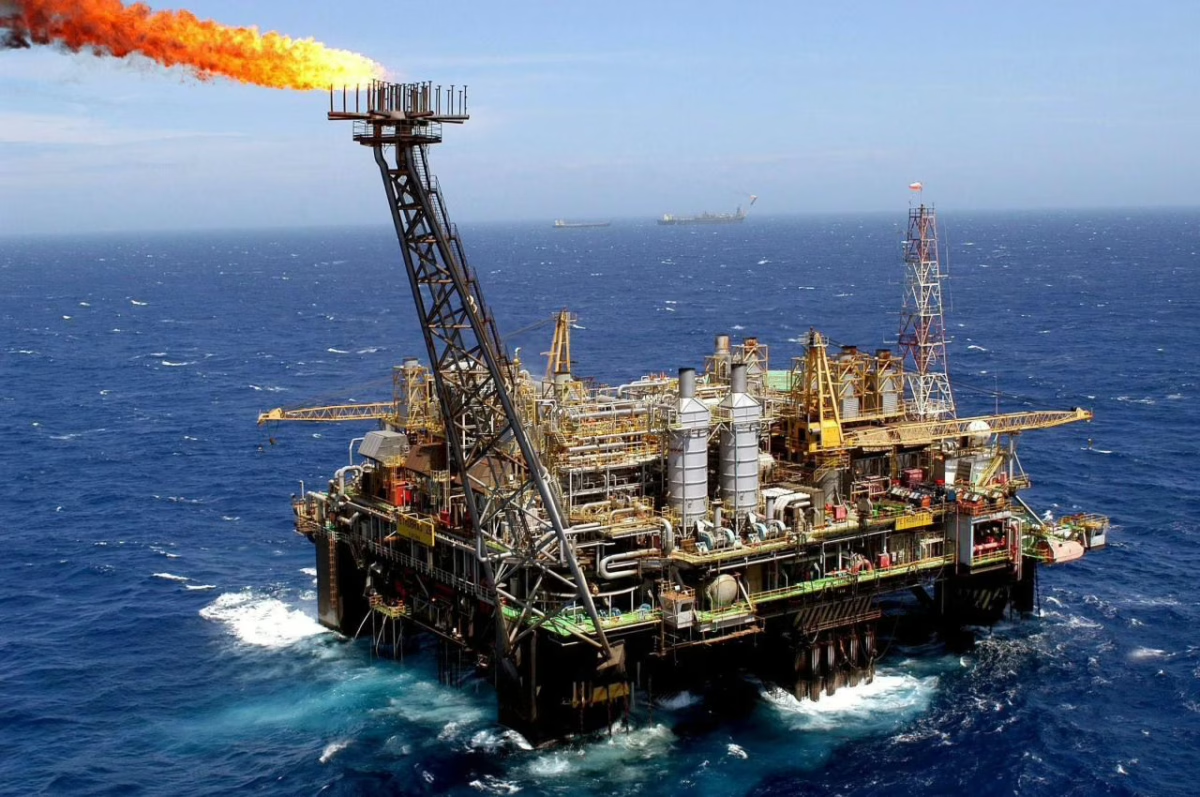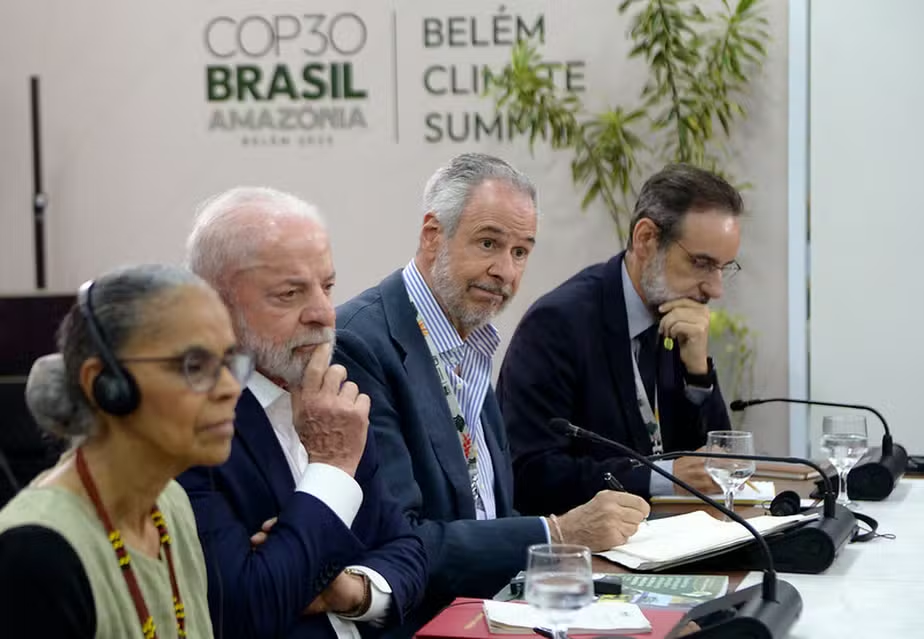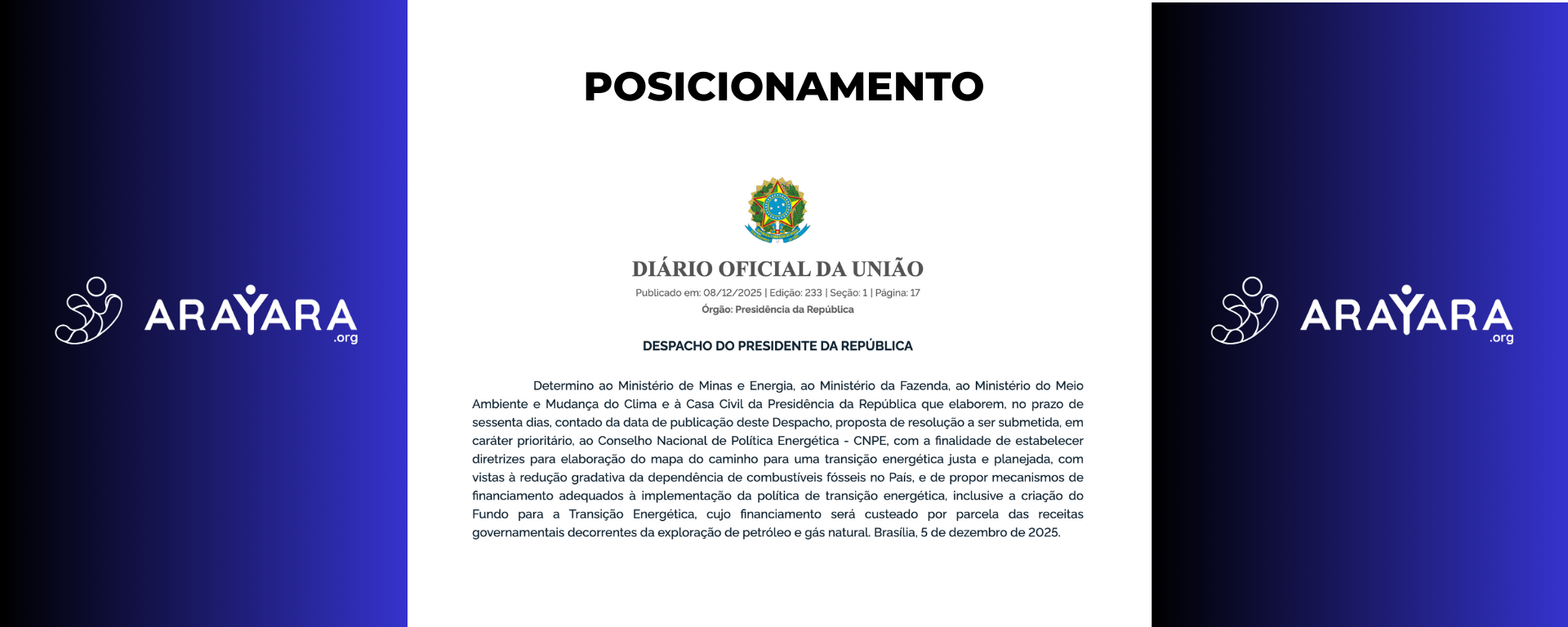NOTE
September 13, 2022
What is fracking?
Fracking – also called hydraulic fracturing – is a process that involves injecting large volumes of water, chemicals and sand at high pressure into underground rock layers to release trapped natural gas. Despite being a technique already used in several countries, it is controversial because it causes environmental and ecological damage, including contamination of groundwater, release of greenhouse gases, induced earthquakes, etc.
COESUS – Coalition No Fracking Brazil for Water and Life, a campaign by the Arayara International Institute, is engaged in a struggle that goes beyond political or economic issues. It is a struggle for life, health and the future. For this, the coalition unites people of various beliefs in favor of a greater purpose: taking care of the planet. Since the beginning, COESUS’ partnership with churches, religious temples and sacred places has been a reality, since the defense of the environment is everyone’s responsibility.
Combating fracking is saying yes to life, it is saying that we want a planet where we can live in harmony with nature, with animals. It’s wanting to drink clean water, eat food free of toxic chemicals from fracking, and breathe clean air.
During the No Fracking Brazil campaign, COESUS visited hundreds of churches in more than 17 Brazilian states, raising awareness about the dangers of shale gas extraction. With that, he found allies in the defense of life, such as the Catholic Church, represented by the CNBB – National Conference of Bishops of Brazil, several evangelical churches, among others.
In the municipality of Sucupira do Riachão, in Maranhão, the COESUS team met with Pastor Pantaleão, leader of the church “O Senhor é o meu Pastor”, who repudiated fracking and pledged to take the word of defense of life to his congregation.
The active participation of religious institutions in this struggle is extremely important, as they play a fundamental role in raising awareness and promoting ethical and spiritual values. By embracing the cause of protecting the environment and fighting fracking, churches and their leaders demonstrate a commitment to life.
COESUS recognizes the importance of these partnerships and remains committed to promoting awareness about the negative impacts of fracking and the need to seek more sustainable energy alternatives. The joint work between the coalition and religious institutions strengthens the message of preserving life and reinforces the importance of taking care of our common home.

